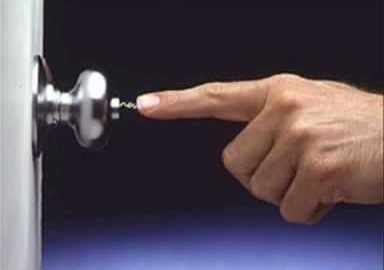Static electricity is a type of electricity that you probably only associate with memories of school science experiments involving a balloon and hair raising. Or perhaps, you associate static electricity with the unexpected shock you sometimes get when you touch a metal object. You may be wondering what static electricity has to do with your business, and why you should care about this shock inducing energy. Well, static electricity can greatly affect your business in more ways than one.
In the drier seasons of the year, late fall and winter, static electricity is much more prevalent due to the lack of moisture in the air. This can be extremely dangerous if you work in a place where there is gasoline or another airborne flammable material in the air. In these situations, static electricity can ignite the airborne gas causing a potentially dangerous explosion.
Although most workplaces may not have flammable material in the air, the majority of workplaces do house electronics including computers and other office machinery that could be damage by static discharge. Electrostatic discharge (ESD) is basically a miniature version of lightning and can be extremely destructive on the micro level of circuit boards. This happens when the energy of the shock travels through the circuitry of the electronics and destroys critical elements along the way. One could compare this event to an electric storm in teacup that causes catastrophic damage to your equipment. Luckily, there are many ways to prevent this “tiny storm” from destroying your electronics in your workplace:
• Keep humidity levels regulated
• Treat carpets to prevent static buildup or invest in static proof mats
• Use non-static forming sprays on electronics
• Refrain from using compressed air to clean circuit boards
• Avoid placing plastic or polystyrene or other synthetic materials near electronics because these materials commonly cause static discharge
• Eliminate charge from circuitry by requiring technicians to wear an ESD wrist strap when working on electronic equipment
Static charge can most definitely destroy electronic equipment, so it is crucial to take the above precautions seriously to prevent damage. These precautions are particularly important for larger electronic equipment, like a server where critical data is stored. It is always better to be safe than sorry when it comes to static electricity and your electronic equipment.
